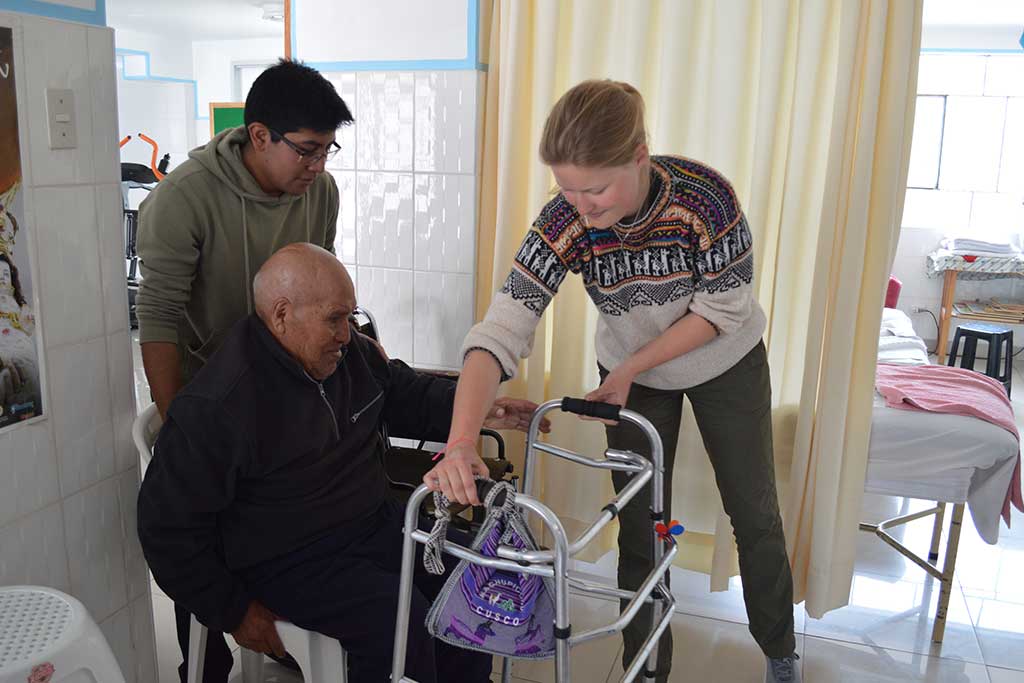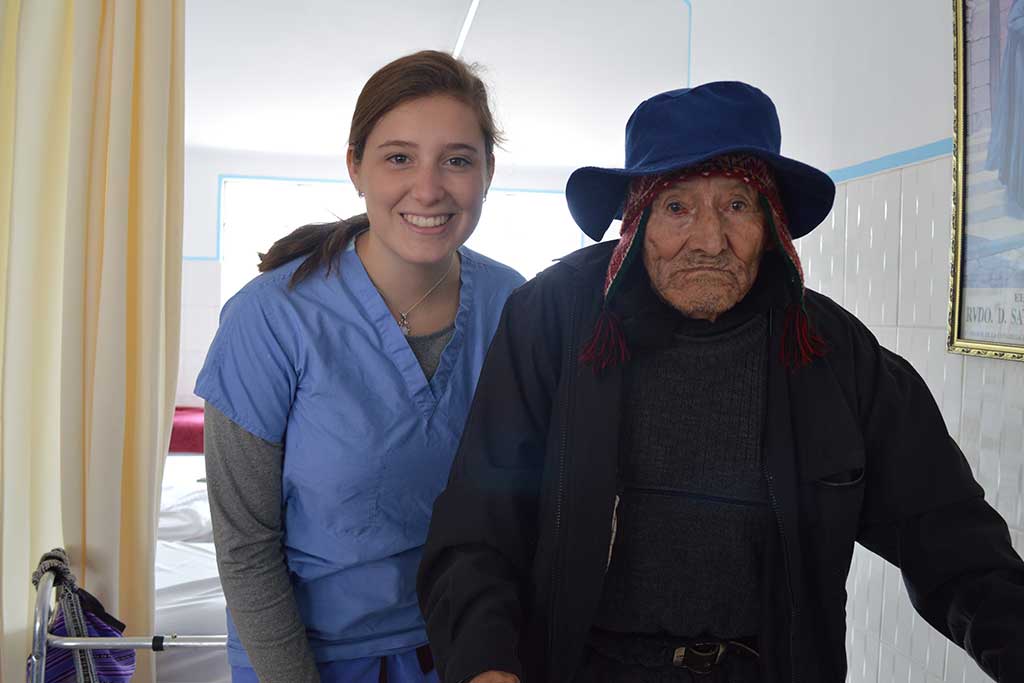Accessible healthcare is, in my opinion, a basic human right. Without the foundation of physical wellbeing, it is difficult to develop emotionally, intellectually, or spiritually. Socioeconomic status should not determine our ability to get necessary medical attention, but it so often does. Most contemporary cultures revolve around money, and healthcare systems repeatedly fall short of equity.
I come from a country where medical care is need-based and publicly funded. But even in Canada, countryside communities are not always equally served. If a system that has been upheld by other industrialized countries still leaves some citizens behind, I can’t imagine how many people are falling through the cracks in less-developed economies.
The bureaucratic underbelly of medicine is the very reason I want to go into the field. It is unlikely that I will ever be able to influence the global organization of medical care, but I can do my best to serve people from inside the system. No matter what red tape patients have to cut through to receive care, I want to be waiting on the other side to give them personalized attention.

After finishing my undergraduate studies in biological sciences, I knew that I wanted to apply my skill set to a profession that felt personal. I believe that accessible healthcare is the backbone of community service. It’s something that everyone needs. My desire to provide compassionate care has put me on the road to medical school.
So, while I am studying for and stressing over med school applications, I have taken a research position in a clinical setting. I’m not helping to heal people yet, but I am able to assist with important neurological testing on patients with PTSD. Looking at health holistically and addressing patients as individuals is essential for providing the best care. I feel privileged to be involved in these studies.
However, I have years of hard work to go before I can be at the forefront of serving my community, not to mention that so many other neighborhoods around the world are suffering from far greater need. So before committing to another degree (or before a university commits to me), I wanted to slow down. I decided to step back from the bureaucracy to make a big difference in a few lives.
After researching volunteer programs online, I arranged my travels through Maximo Nivel because they offered options for non-licensed volunteers who are entering the medical field. I hadn’t thought about Peru since my father, and I read about the adventures of Paddington Bear. As I booked a flight to “deepest, darkest Peru,” I was unsure of what to expect.
Health services in South America do not always succeed in serving the population. After an on-site orientation at the Maximo site in Cusco, I was placed in an assisted living facility a short bus ride away. I had been informed that the country’s sprawling rural communities, limited financial resources and, in some cases, poor medical training made effective and accessible healthcare difficult to find.

This was in addition to the all-too-familiar bureaucracy of medical systems across the globe. However, no nation-wide system can ever succeed in meeting individual needs. Public health is not a one-size-fits-all field. Therefore, I felt that the best thing I could be doing was paying attention to elderly patients who no longer had many people in their lives.
Forging relationships is the only way to reinforce the personal nature of medicine. I was especially grateful to be placed in a nursing home. Unlike emergency medicine, long-term care allows for taking the time to get to know your patients. Some days I felt more like a companion than a medical trainee, but that’s exactly why I was there.
I listened to decades of beautiful stories. But even for those patients who were no longer able to follow conversations, a simple compliment went a long way. I was able to take some of the pressure off overworked professionals and make each patient I saw feel special for at least a few weeks. Because it was a residential facility, it was especially important to make everyone feel loved. In most cases, the care center had become their permanent home.

Volunteering was also a learning opportunity for me. In addition to providing companionship, I performed daily rounds. I distributed prescribed medications, helped to feed, and bathe patients, and regularly changed linens. I also got to lead a few group activities like gentle exercise and simple crafting projects. Aging is difficult for everybody involved, but it can also be a beautiful and natural part of life.
I tried to make a point of helping patients maintain as much autonomy as possible. Recognizing and respecting our elders should be an important part of any culture. In Latin America especially, it is common for every generation of a family to live together. Because of this, I think it is even more important to compassionately care for community members who do not have the same support system. No life should ever be forgotten.
